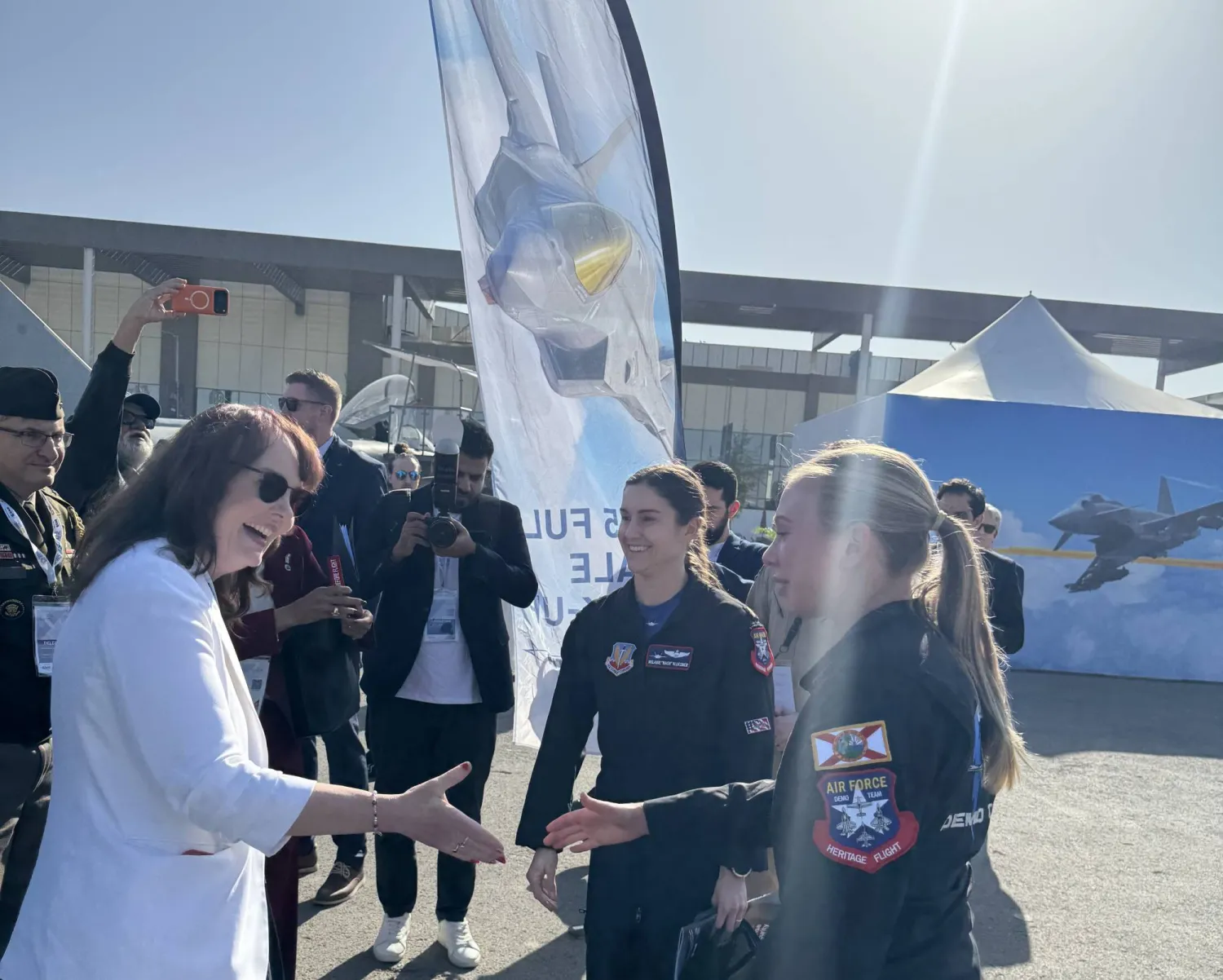The Saudi Minister of Foreign Affairs, Prince Faisal bin Farhan bin Abdullah, chaired the six-party Consultative Ministerial meeting with the United States in Riyadh on Monday.
The meeting focused on discussing the Israeli war on the Gaza Strip and the latest developments. The attendees emphasized the urgency of achieving an immediate and complete ceasefire to end the war while ensuring the protection of civilians in accordance with international humanitarian law.
They also deliberated on strategies to eliminate all impediments restricting the entry of humanitarian aid into all areas of the Strip to alleviate the humanitarian crisis.
Furthermore, the meeting addressed the efforts undertaken by the Arab Six-Party countries to support the international recognition of the Palestinian state, aiming to fulfill the aspirations of the Palestinian people for an independent and sovereign state based on the borders of June 4, 1967. The participants underscored the importance of taking irreversible measures to implement the two-state solution, in alignment with relevant international resolutions.
Among the attendees were Saudi Ambassador to the United States Princess Reema bint Bandar bin Sultan bin Abdulaziz, Undersecretary of the Ministry of Foreign Affairs for Political Affairs Dr. Saud Al-Sati, Advisor to the Ministry Dr. Manal Radwan, and Director of the Arab Levant Department Mohammed Al-Harbi.
Also, other attendees included Prime Minister and Minister of Foreign Affairs of Qatar Sheikh Mohammed bin Abdulrahman Al Thani, Minister of Foreign Affairs of the UAE Sheikh Abdullah bin Zayed Al Nahyan, Deputy Prime Minister and Minister of Foreign Affairs and Expatriates of Jordan Ayman Safadi, Minister of Foreign Affairs of Egypt Sameh Shoukri, Secretary-General of the Executive Committee of the Palestine Liberation Organization and Minister of Civil Affairs Hussein Al-Sheikh; and Secretary of State of the United States Antony Blinken.









